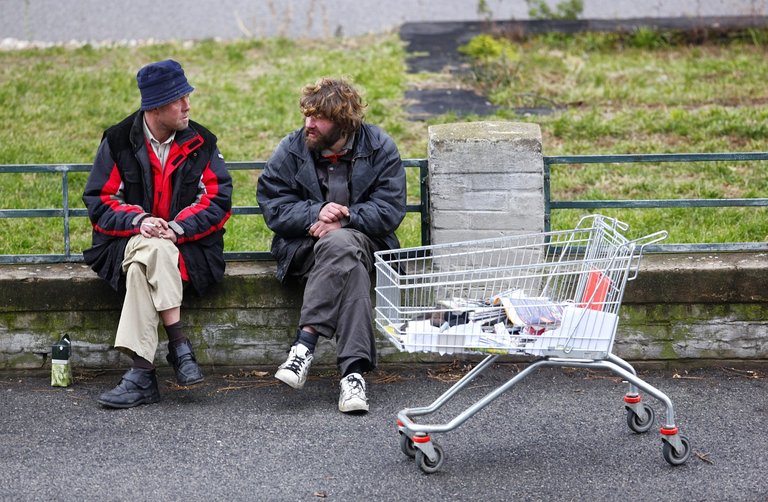This post is a response to the question "1 billion people around the world live on less than a dollar a day. How do you think people are able to live off of so little and what can we do to help them?" posed by @joshweertman.
The quality of life of people who live off of a dollar a day differs from region to region. For example, "... 50 cents in Kenya buys more than $1 would in the United States." (Harford) However, if one were to look at the people who live on $1 a day in the United States, the main things that help them live off of $1 is food stamps, bargains with others in poverty, and most importantly, generosity from others. According to Washington Post, some even donate plasma every two weeks to try to gain cash. Apart from these, I could not find much that describes how Americans can live off of $1 a day, which demonstrates how mysterious it is and how varied it is from person to person. I also think a contributing factor to the lack of statistics explaining how people can live in poor conditions is the generosity from other people. I also think this generosity from people with better living conditions is the best way we can help them. Last Sunday, I went with a group of girls from my church and helped distribute food, toiletries, and other essentials to the homeless of downtown Tulsa. Each person we encountered was overwhelmed by the abundance of goods, but I was particularly overwhelmed by each person's desire for conversation. Some poured their hearts out appreciated us listening more than the goods we brought. One man in particular mentioned his loss of lust for life because the only people he ever interacts with are his fellow homeless. Upon research, I found that 61% of homeless people reported suicidal ideation and 34% had attempted it. (Eynan) Not all of these can be attributed to a lack of conversation with others, but I think talking with others has a great potential to help. I think the biggest thing society can do to help those who live off of a dollar a day is to demonstrate humanity and generosity with essentials like food, water, and conversation. Individual impact is greater than governmental impact through welfare because the poor can actually feel valued.

Image Source